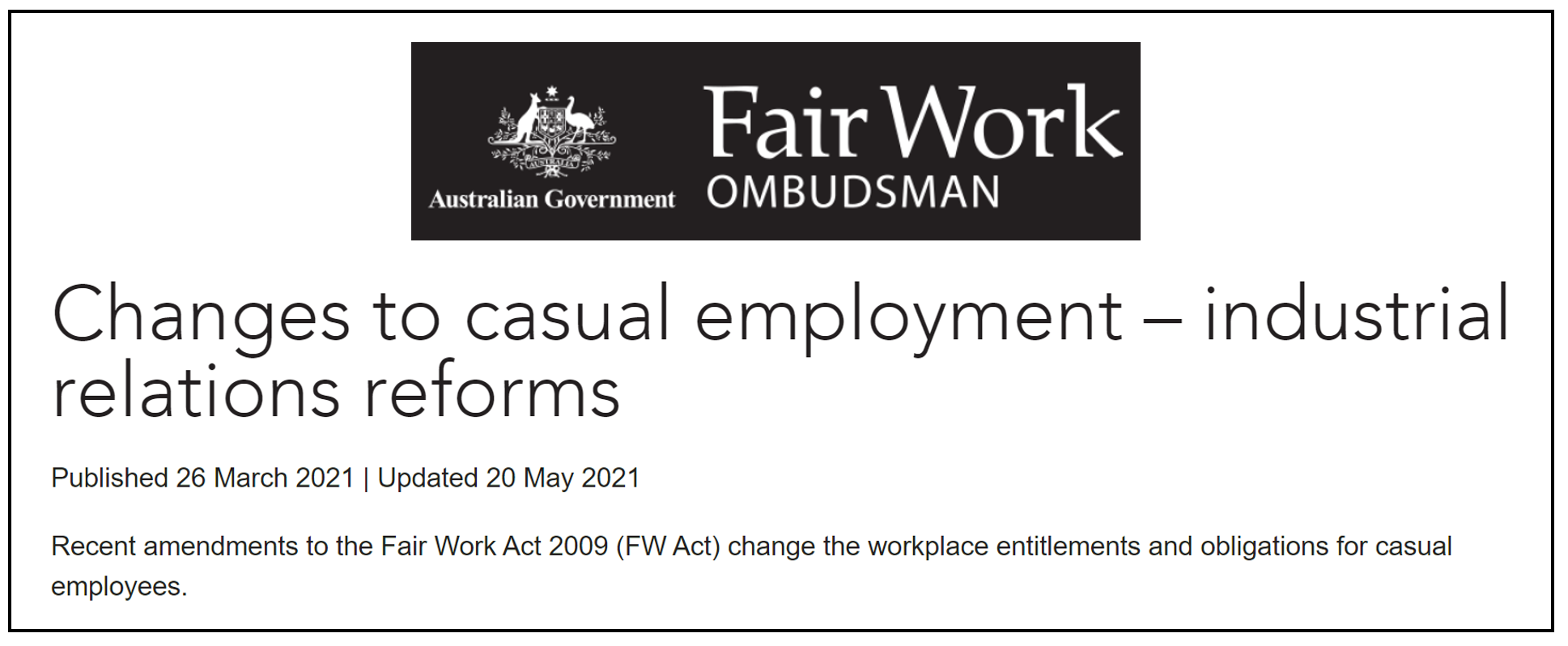Supporting DCMI Institute participants in Professional Development programs Liaising with retirement village operators to engage new village managers Tracking village …
Workforce supply is increasingly difficult across the country, but as our sister publicationSATURDAY explored in its last issue, the retirement Village …
In March, changes were made to the Fair Work Act 2009 (FW Act) relating to casual employment. If you are …
In a time when the new talent pool is shallow, attracting great staff and retaining them is vital. We recently reported in …
Seeking an exceptional Village Sales Professional to carry the sales function of our award-winning retirement village forward. You are a …



